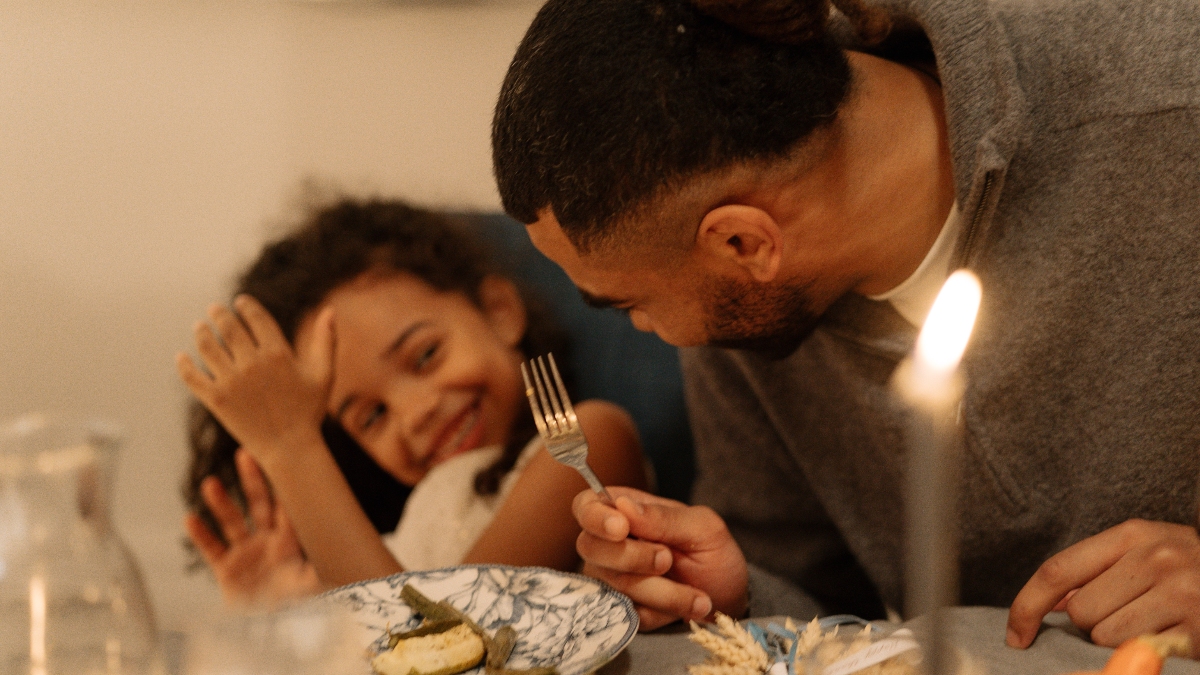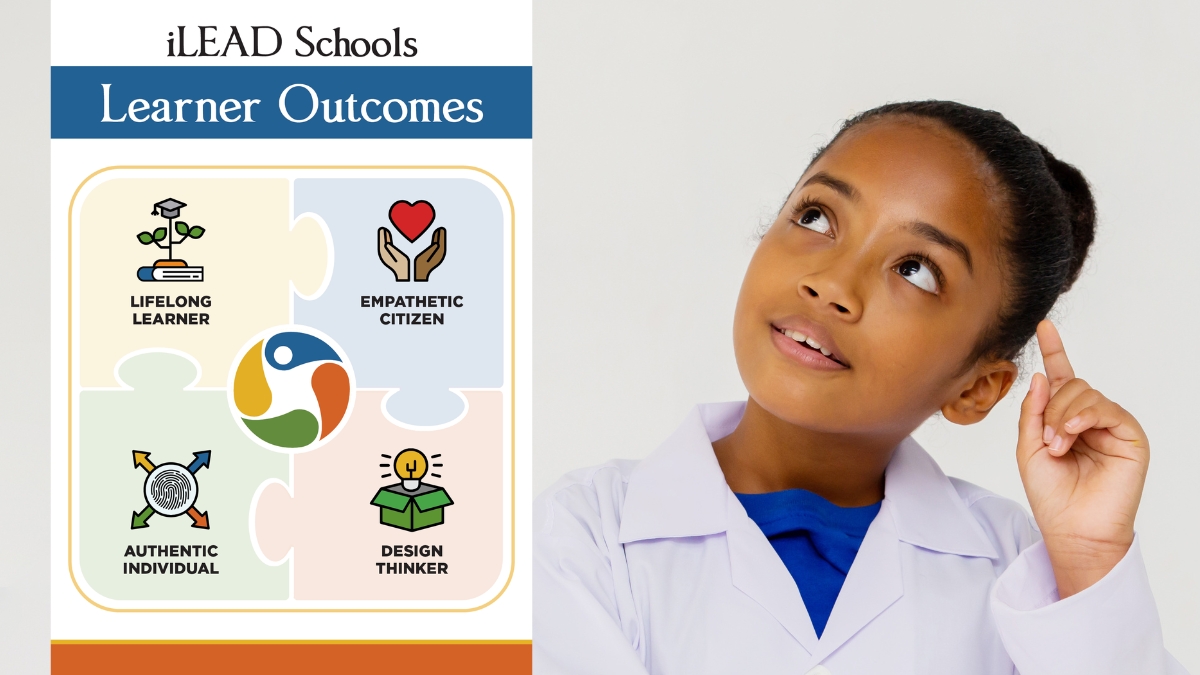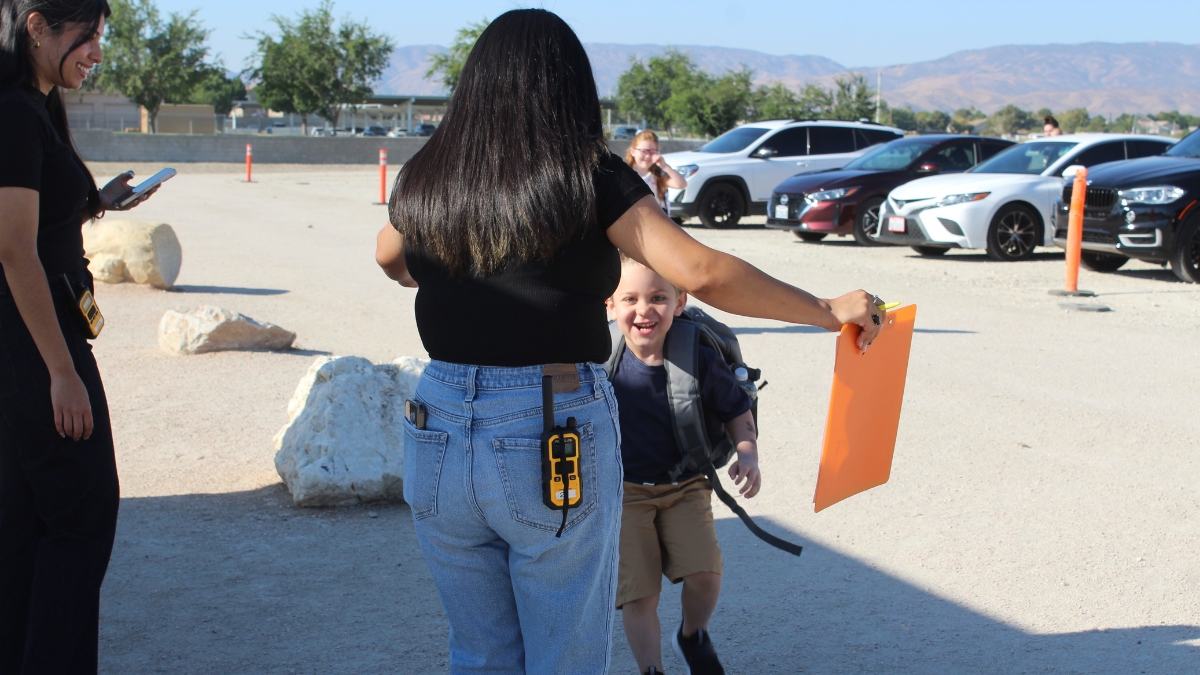iLEAD Antelope Valley Culture: Components of Social-Emotional Learning — Gratitude

“Cultivate the habit of being grateful for every good thing that comes to you, and give thanks continuously. And because all things have contributed to your advancement, you should include all things in your gratitude.” — Ralph Waldo Emerson
Did you know that consciously practicing gratitude can help improve your physical and psychological health?
Did you know gratitude can enhance empathy, reduce aggression, improve self-esteem, and increase mental health?
Practicing gratitude is another vital component of iLEAD Antelope Valley’s approach to social-emotional learning (SEL), which is focused on whole-child development. Gratitude begins with increased awareness of our own experiences, and as we become more mindful we realize we have choices when it comes to our emotions.
And here’s the thing: Gratitude is not just about being thankful; it’s about showing appreciation and returning kindness to others. Another facet of gratitude is the expression of appreciation, when we become active by doing something to show we are thankful. A 2019 study published in the Journal of Happiness Studies found that gratitude is linked to happiness in children by age five. By instilling in learners early on the importance of gratitude, we are empowering them for a much fuller life.
There are four components to gratitude, as identified by UNC Chapel Hill’s Raising Grateful Children Project:
- Noticing: Did someone do something nice for you? Did someone give you something or take you somewhere fun?
- Thinking: What are all the reasons you’re thankful for this? Why do you think someone did something nice for you? Does this mean something to you?
- Feeling: When you think about these special things or people, how do you feel?
- Doing: What can you actively do to express your gratitude for this person, place, or thing?
Gratitude helps support social communication because it helps us understand others’ feelings, practice empathy, and learn the social power of kindness and appreciation. It also supports emotional development. Gratitude helps kids notice what makes them feel good and take time to focus on that.
True gratitude isn’t an action that needs to be taken as much as it’s an attitude to be cultivated so that gratefulness and kindness can become natural responses in our lives. Gratitude doesn’t simply happen; it must be practiced. And when it is, it has the power to change lives. Kids who know how to show appreciation, thankfulness, and kindness are kids who can — and will — change the world.
Watch: On Gratitude
RECENT POSTS

Schoolwide Learner Outcome: Design Thinking
iLEAD is excited to continue our Schoolwide Learner Outcomes series. Our December focus is design thinking. This article has several tips to help you cultivate design thinking in your child:… Read More

Upcoming Events
iLEAD AV Studio Fri., 12/19: Learner Free Day – No School for Learners Fri., 12/19: Reports of Progress Sent Home Fri., 12/19-Mon., 1/12: Winter Break Mon., 1/12: Professional Development for… Read More

The Valet Process at iLEAD AV Studio
In an effort to keep iLEAD AV Studio learners, families, and staff safe, please remember to follow these valet procedures: Drop-off starts at 8:30 AM. Learners will not be admitted… Read More


